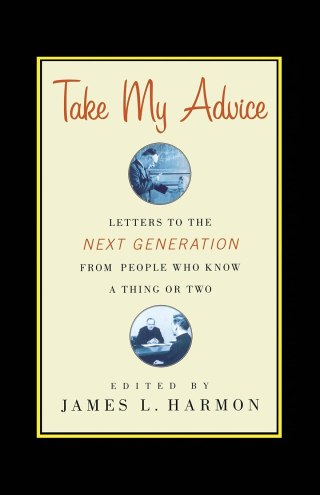A database of information regarding citations of researchers has been updated, and now includes information about the citation rates of researchers, including philosophers, through 2020.

UPDATE 2: In a comment below, Shaun Gallagher offers a possible explanation for why certain expected names are missing from or lower on these lists. An excerpt:

Below are the philosophers from within that selection ordered by total number of citations over the course of their career through the end of 2020.
“Version 3” of the “Updated science-wide author databases of standardized citation indicators,” using data from Scopus, the abstract and citation database from publisher Elsevier, includes information through 2020.
Updated science-wide author databases of standardized citation indicators. PLoS Biol 18(10) classifies according to primary and secondary disciplines when appropriate. This results in some odd classifications. Andy Clark, John Searle, Dan Dennett and I are listed in precisely the same disciplines and in the same order of disciplines—we are all listed with a first discipline of experimental psychology, and a second discipline of philosophy—likely because most of our citations are by researchers in experimental fields. In the list published above I think the specific rankings for fields are provided only for the first field. That may be why Dennett, etc. are missing.
Below is the ordering for just the year 2020:
You can check out the data yourself here.
The authors of the report, Jeroen Baas, Kevin Boyack, and John P.A. Ioannidis, write:
Citation metrics are widely used and misused. We have created a publicly available database of over 100,000 top-scientists that provides standardized information on citations, h-index, co-authorship adjusted hm-index, citations to papers in different authorship positions and a composite indicator. Separate data are shown for career-long and single year impact. Metrics with and without self-citations and ratio of citations to citing papers are given. Scientists are classified into 22 scientific fields and 176 sub-fields. Field- and subfield-specific percentiles are also provided for all scientists who have published at least 5 papers. Career-long data are updated to end-of-2020. The selection is based on the top 100,000 by c-score (with and without self-citations) or a percentile rank of 2% or above.

[UPDATE 1: There appear to be a number of philosophers and philosophical works not counted or undercounted in Scopus. See some of the comments for details. Feel free to note additional omissions. Also see Update 2, below.]
I am informed that Scopus misses quite a bit of philosophy, so do take the foregoing with a grain of salt. As others have pointed out, many familiar names are absent from these lists. If someone has a good explanation of why, please share it.





